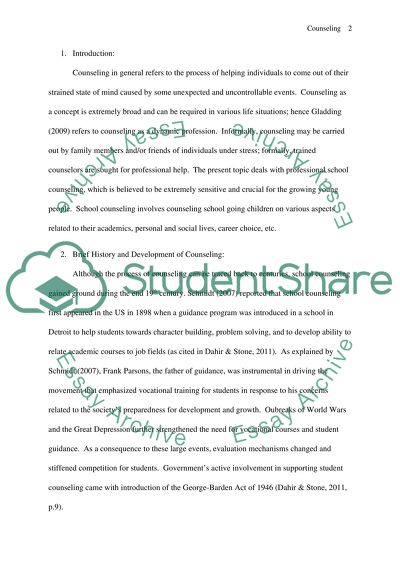Cite this document
(“Comprehensive View of the Field of Counseling Research Paper”, n.d.)
Comprehensive View of the Field of Counseling Research Paper. Retrieved from https://studentshare.org/psychology/1401318-comprehensive-view-of-the-field-of-counseling
Comprehensive View of the Field of Counseling Research Paper. Retrieved from https://studentshare.org/psychology/1401318-comprehensive-view-of-the-field-of-counseling
(Comprehensive View of the Field of Counseling Research Paper)
Comprehensive View of the Field of Counseling Research Paper. https://studentshare.org/psychology/1401318-comprehensive-view-of-the-field-of-counseling.
Comprehensive View of the Field of Counseling Research Paper. https://studentshare.org/psychology/1401318-comprehensive-view-of-the-field-of-counseling.
“Comprehensive View of the Field of Counseling Research Paper”, n.d. https://studentshare.org/psychology/1401318-comprehensive-view-of-the-field-of-counseling.


